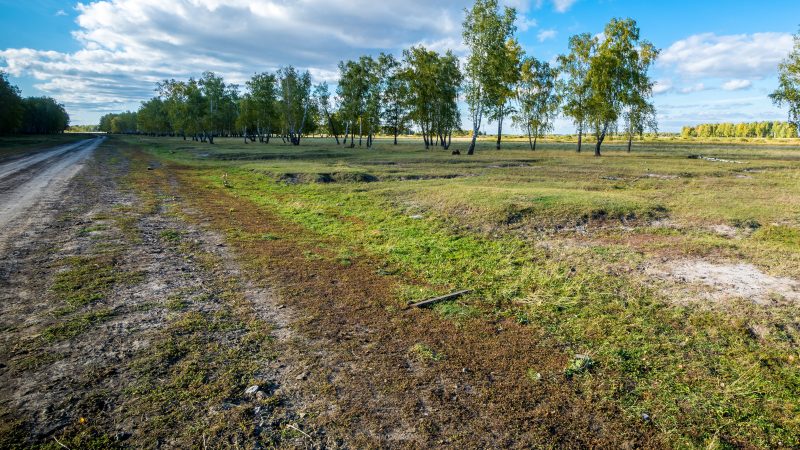Latest reports suggest that the EU’s nature restoration laws hanging in the balance after a number of member states, including Hungary and Italy, withdrew support for the legislation.
Teresa Ribera, Spain’s environment minister was quoted as saying that it would be “enormously irresponsible” for countries to drop the laws, which have been two years in the making and are designed to reverse decades of damage to biodiversity on land and in waterways.
But a vote at a summit of environment ministers in Brussels on Monday was cancelled after it became apparent that the legislation would not pass its final stage with the majority vote required.
One diplomat was also quoted to have said that the bill now had “very little” chance of getting through as any major changes in the text would need to return to the European parliament for a second reading, which was almost impossible.
The setback is not the first to hit the EU’s environmental agenda, as policymakers decide how to respond to farmers’ protests. As the protests continue – and in advance of the European parliament’s elections in June – many green rules have already been weakened.
Read also: Report: Geologists reject declaration of Anthropocene epoch
“It would be enormously irresponsible to drop the entire European green agenda. Europe cannot afford to drop the green agenda, just as it cannot afford to let its ecosystems die or leave its system in poor condition, in a state of danger,” said Ribera.
Spain is deeply concerned about the climate crisis’s impact on the economy. The country has seen record droughts in the past year with reservoirs in the south still perilously low after the winter.
“Nature does not allow recreational breaks, just as the climate system does not allow recreational breaks. It would be enormously irresponsible to … listen to those who claim that green agenda slows down or goes backwards,” Ribera added.
The Dutch climate minister, Rob Jetten, acknowledged the increased political scrutiny before June’s vote. “With the upcoming European elections, it won’t be easy to get out of this position,” Jetten said of the nature law, Reuters reported.
Hopes for the bill faded at last week’s summit of EU leaders. Sweden, the Netherlands and Italy were opposed but the bill still had a slim majority. Then Hungary tipped the balance, indicating it would not support the legislation even though Viktor Orbán’s MEPs had supported its passage through the European parliament. Austria, Belgium, Finland and Poland have said they will abstain.
Story was adapted from the Guardian.
